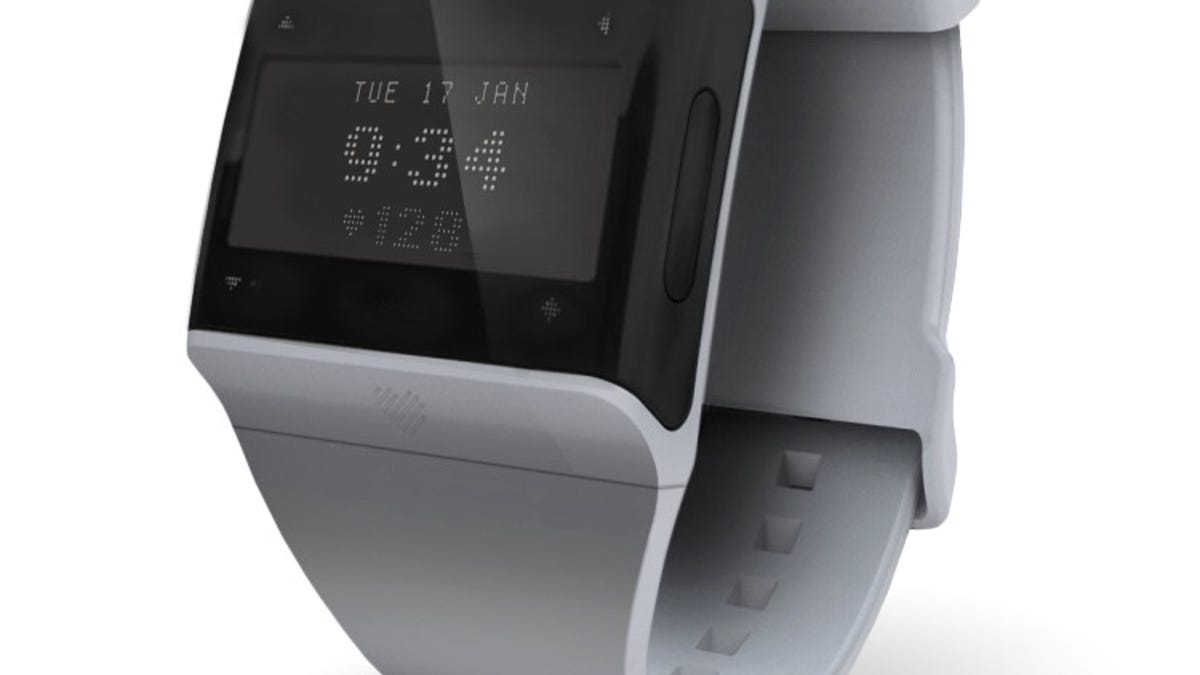Best startup ideas of 2011
There are more ways to make money than by building a product that immediately hands 30 percent to Apple or Google. Here are the best startup ideas or models from 2011.

This was the year of mobile startups, but not all the best ideas for new businesses were based on smartphones or mobile devices.
There are more ways to make money than by building a product that immediately hands 30 percent to Apple or Google. Here are the best startup ideas or models from 2011.
Make it a platform
As Facebook and Salesforce.com have shown, a tech company's proprietary data can be valuable as a substrate to other businesses. Build a tool that other people can build upon and then collect the rent when they do.
The best examples of this that come to mind: Box and Spotify. Box is a cloud storage provider. It's in a boring space that's becoming commoditized. The solution to staying in front? Make it possible for developers to build apps that leverage the data that Box's enterprise customers are paying to store. That's likely the only way to fend off the competing cloud storage providers.
Spotify, for its part, has a valuable but not unique music-streaming service. People are paying for it. But will they continue to do so? By allowing other businesses to build apps that run on top of the Spotify library--basically, music discovery and recommendation apps--Spotify is able to leverage its licensing deals and give other music brands (like Rolling Stone and We Are Hunted) a great way to offer new services to their fans.
Come to think of it, this is one of the reasons mobile is so big: App stores are platforms where developers can make money on top of large bases of users and communication networks.
Get consumers to sell stuff to one other, 2.0
eBay and Craigslist replaced the garage sale and the classified ad, but commerce moves on, and newer ideas are making these models seem old-fashioned. Services like TaskRabbit, Zaarly, and Coffee and Power are opening up a new economy where consumers can do direct deals with each other, with the benefit of more up-to-date community features. In most cases, the key is the social network connection, so you know with whom you are dealing.
Related to this is the emergence of specialized services for sharing the stuff you own: your house (AirBnB), your office (Loosecubes), and your car (Wheelz, RelayRides, and GetAround).
Build a studio
It's hard to come up with a viable product, but some smart startups don't try. Instead, they are building new studio systems to help other inventors raise the funds to build their dream products--and then give them built-in marketplaces to sell them.
KickStarter and Quirky both encourage nascent inventors (and artists, in KickStarter's case) to pitch their ideas to their audiences. People who like ideas pony up either a cash pledge or some of their limited votes. Good ideas and projects bubble up, in theory. More importantly, people who might not otherwise be exposed to very early-stage projects get to participate in the development and, in doing so, can become ambassadors to new ideas.
Crunch down big data
The Internet is awash in information and data, but few companies, other than Web giants themselves (Google, Facebook, Amazon), make real use of it. But finally, services are emerging that give other businesses, and even consumers, access to this data and the analytics to use it.
For example, in the retail arena, Decide.com analyzes prices of consumer technology products, and predicts if prices on particular items are going to go down, up, or hold steady. It's a valuable tool for consumers. On the smaller retail front, BlackLocus scours data sources (like competing retail sites) for tech prices. It can be programmed to adjust a store's own prices to make sure they are always competitive.
Touch the real world
Nearly every new mobile startup, it seems, is now location-aware. But consumer tech is getting eyes and ears as well, and it's making for very interesting new businesses. The startup IntoNow (sold to Yahoo) is a mobile app that listens for TV shows airing in the same room. Consumers use it to get additional data about the show they're watching; marketers get much richer data about who's watching what, where, and when.
Other sensor technologies are showing up in wearable devices: The Jawbone UP bracelet monitors activity and sleep. And Basis is building a watch that measure skin temperature, sweat level, heart rate, and even blood oxygen level.
Invest in design
The best idea in startups to come in 2011: simplification and beautiful design. Consumers, it turns out, appreciate strong design and clear user interaction. We're seeing new apps and products now that take technology and strive for simplicity, rather then trying to show off how technological they are.
The best examples of these are two hardware products, the Nest thermostat and the minimal Roku LT streaming media box. On the mobile front, new apps like Path 2 and Oink are distilled into spare and engaging mobile experiences, instead of going overboard with features and slowing down the on-the-go user.

